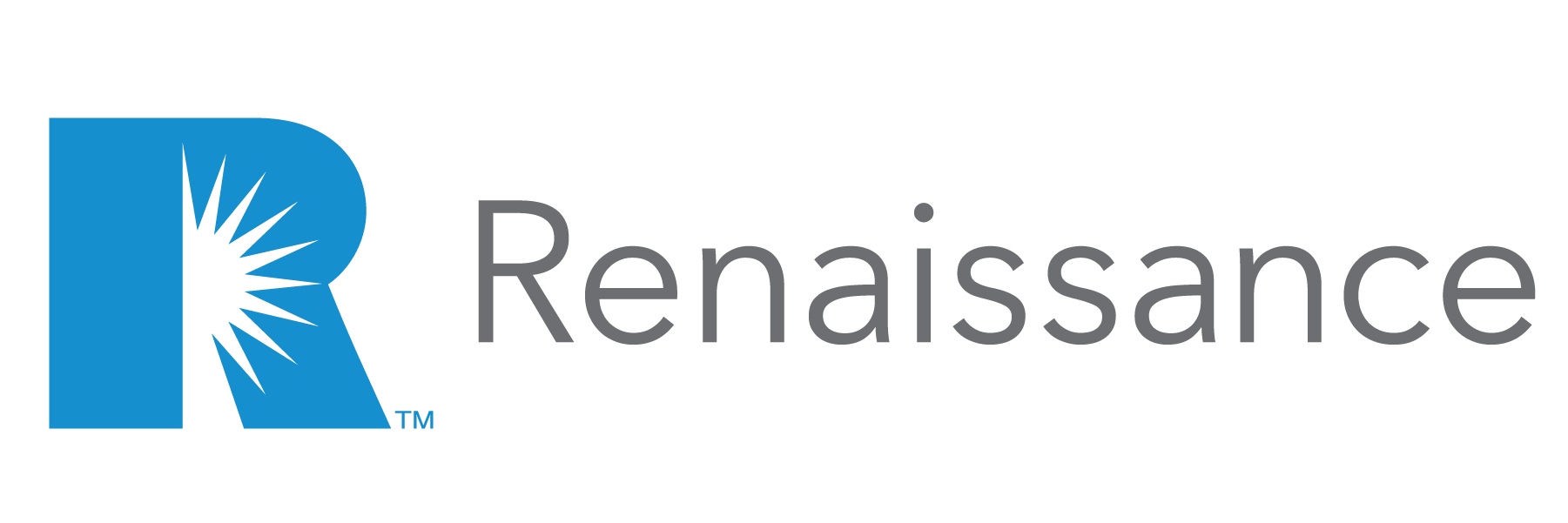By Michael Cormier
Independent agency principals wondering how they can be better partners to the carriers they work with might be tempted to believe that providing a higher number of submissions is the answer – and they’d be wrong.
That’s not to say that carriers aren’t eager to accept new business; after all, they’re facing the same pressures to increase revenue and market share that they have for years. When it comes to submissions, however, what they desire most is quality, not quantity.
Yes, your carriers want to grow, but they want to do so profitably, with much greater emphasis on risk selection.
It’s no secret that effective agencies are the ones with a clear, informed understanding of every one of their customers. That includes knowing the types of business their clients are in, the ZIP codes in which they’re located, and deep knowledge of their exposures, among other things.
Building detailed profiles on your clients is essential when it comes to serving and retaining them – and that knowledge is invaluable when composing the types of highly detailed submissions carriers are looking for. (While on the surface this may seem like a no-brainer, those who regularly see the types of submissions sent by some independent agents would be shocked by the number of important details that are often either omitted or obfuscated.)
Additionally, carriers prefer to do business with agencies that are aligned with that insurer’s growth strategy. Much in the way your clients depend upon your expertise as a trusted advisor, your carrier partners rely on you to deliver them solid risks that are an appropriate fit for their appetite and their product set. They want you to be cognizant of the niches and geographies in which they want to write more business, which will help your agency provide more “in-scope” submissions.
Understanding your carrier partners’ desires and needs can be vital to your agency’s future, and independent agents who want to deliver their best to both their customers and their carrier partners would do well to embrace two key things: increased use of data and analytics, and focused specialization.
Better Client Service Leads to Quality Submissions
Much of providing better submissions to your carriers comes down to harnessing your data on both clients and prospects and putting it to work for you. The more you know about your customers and the exposures they face, the more mindfully you can coordinate your book of business to match your carriers’ preference toward certain risks.
Meeting those challenges can require both a shift in mindset and reallocation of resources. It’s a good time to ponder which time-consuming, outdated processes your agency should consider replacing in order to increase your efficiencies – and, in the process, to invest in enhancing your carrier relationships.
In addition to helping you know your clients better and craft more detailed submissions, there are several ways in which many independent agencies can accelerate their business by embracing the power of data and analytics. These include:
- Noting and addressing loss patterns. A comprehensive understanding of your clients’ exposures will inform your agency’s process of making sure that specific sets of customers are protected against the types of losses experienced by their contemporaries. Analyzing your customers’ ongoing loss history can help agents stay ahead of patterns before they turn into trends.
- Identifying your most valuable accounts. Knowing precisely where most of your business comes from is the first step to protecting it – and making sure you’ve got that premium marketed with the right carrier is the key to maximizing your profitability. It’s not uncommon for 20% of an agency’s clients to represent 80% of its revenue, and cultivating customer journeys for those customers can reveal opportunities to turn valuable commercial lines clients into personal lines prospects.
- Understanding the factors of retention. Small improvements in retention have the potential to deliver large benefits. Once you’re able to calculate why accounts are retained (or lost) by doing a deeper dive on your customer data, you can understand how to improve your agency’s retention rates – which, remember, benefits you and your carriers. Recognizing why certain types of customers are moving elsewhere can identify where improvements are necessary.
- Identifying monoline policies. There’s always a direct correlation between the number of policies you write for a client and their long-term engagement with you. Decreasing your agency’s number of monoline policies increases revenue directly, but also improves retention in the long term. By analyzing your retention, you will discover that monoline customers are the ones lost most often – and typically offer little return from a revenue perspective.
Download our free e-book here: The Independent Agent’s Playbook for Success – How to Solve Your Agency’s Five Biggest Challenges
Bear in mind that as you invest in gaining more perspective on your customers through the use of data and analytics, the benefit of efficiency that your agency gains will multiply as your business grows.
The Power of Niche Expertise
Savvy independent agents know what types of businesses are prevalent in their area, and which ones offer the most potential for prospecting. Reputations are built on quality service, and in order to effectively target those customer niches, expertise is required. That means either developing it in-house, or bringing in an expert – and in either case, knowing which of your carrier partners have an appetite for insuring those niches is essential.
In 2022, many independent agents find themselves shifting away from personal lines and directing their efforts toward growing their commercial lines book. Decisions must then be made around which types of commercial accounts you want your agency to specialize in. Which industries should you focus on?
A solid growth strategy for your agency should reflect what’s going on in the market around you. Make it your mission to discover what the top 5 industries are in your area: are there a lot of contractors in your area, or hospital systems, or even car washes? Are many medical tech firms, early childhood development centers, or small manufacturers based nearby? Does your community host a good number of main street businesses, like florists, bakeries, and coffee shops?
After doing your research, you can make informed decisions on which types of clients you should pursue. Select one or several that work for your geography, focus on learning the unique characteristics of those industries, and know which carriers are looking to grow in those areas.
Carriers favor agencies with a deep knowledge base on a specific industry, in part because they deliver good insurable risks – but becoming more specialized in a certain type of business is a two-way street. Developing such expertise requires commitment, and is particularly challenging for smaller agencies. If you’re going to consider a niche to become an expert in, it should be one you’re passionate about. While you do want to consider your carriers’ desire to write a certain type of business or the programs they’ve developed, at the end of the day you’ll do a better job of servicing clients if you’re personally invested in the ins and outs of their industry.
By specializing in the types of niches your carriers have an appetite for and embracing the efficiencies and insight delivered through the mindful use of data and analytics, your agency will become a better partner to the insurers you work with – an investment that will pay dividends for years to come.
Michael Cormier is Chief Revenue Officer at Renaissance.
Renaissance Alliance members have access to more than 45 standard carriers and over 100 markets in total. Learn more here about how our market access can work for your agency.






